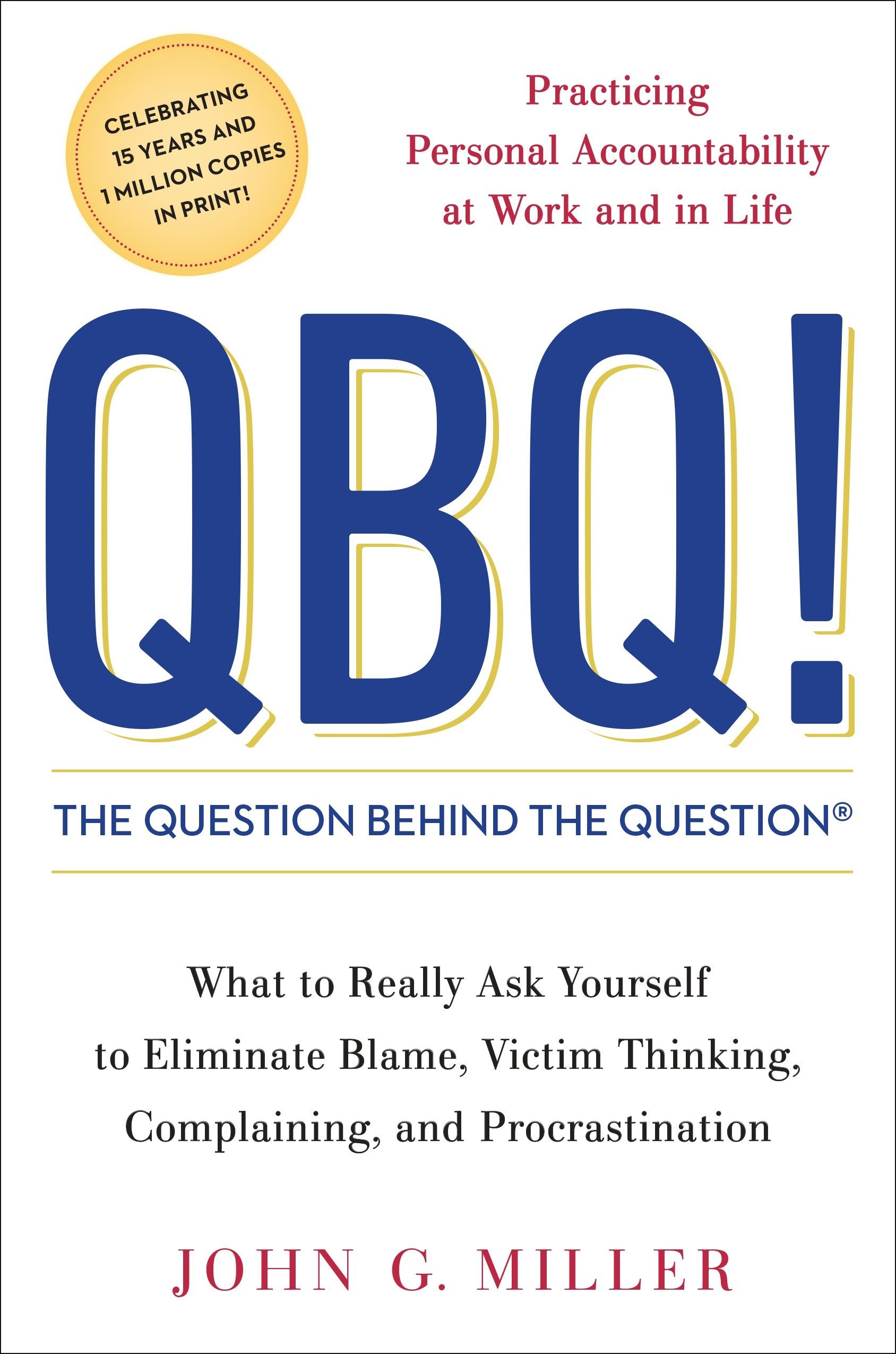Have you ever sat down with one of your members and thought to yourself, how much do I get involved in this situation? What does help look like on my part in this case? What is my role in all of this?
Galatians 6 helps us discern this:
“Carry each other’s burdens, and in this way you will fulfill the law of Christ… Each one should test their own actions. Then they can take pride in themselves alone, without comparing themselves to someone else, for each one should carry their own load.”
Paul teaches us that there are burdens carry together in community and loads we have to carry on our own.
Burdens

Burdens are things we shouldn’t carry alone and things we don’t have the strength or resources to lift by ourselves. If we try doing it alone, it’ll crush us. These are crises like a chronically ill family member, temptations to sin we can’t seem to overcome, or bad situations we don’t have much control over. These are burdens we carry with community and prayer. They have to do with things that arise out of a general fallenness of humanity.
Loads
Loads are kind of like burdens, but they are things that other people shouldn’t carry for us. These are things we personally should take ownership for. These include daily responsibilities we have as a husband, wife, father, mother, and employee, etc. They also include our emotions, our attitude, and our actions as well as the consequences we must face after a bad decision.
Our goal as Ekklesia Leaders is to help people take ownership over their loads as a maturing Christian adult and to walk alongside them in their burdens.
But sometimes as a leader, the lines feel blurred. How do we discern this?
Listen Generously
“Listening is an everyday art and virtue, but it’s an art we have lost and must learn anew. Listening is more than being quiet while others have their say. It is about presence as much as receiving; it is about connection more than observing. Real listening is powered by curiosity. It involves vulnerability — a willingness to be surprised, to let go of assumptions and take in ambiguity. It is never in “gotcha”mode. The generous listener wants to understand the humanity behind the words of the other, and patiently summons one’s own best self and one’s own most generous words and questions.” – OnBeing, Grounding Virtues
Listening to others generously helps to ground you in love and compassion. It is giving the other the benefit of the doubt and posturing ourselves in a manner of a servant and friend.
Set Boundaries.
Here are some questions to consider:
If I get involved and help, will it actually help in the long run or will helping actually hurt them?
Am I helping so that this person can avoid a consequence of their bad decision? Will my involvement further perpetuate and reinforce bad decisions?
Put the ball in their court.
Ask questions that encourage personal responsibility for someone’s actions, emotions, and attitude. In his book, Question Behind the Question, John Miller gives us a framework for asking questions that steer clear from a victim mentality:
Begin with “what” or “how” questions. Not why, when, or who questions.
“Who dropped the ball?”
“When will others pull their own weight?”
Why, when, and who questions lends itself to blame. What and how questions lends itself to personal accountability:
“What can I do to improve this situation?”
“How can I change my attitude?”
When someone goes towards blame, shift the conversation so that they can focus on their load.
“What could you have done?”
“How can you carry this load?”
Help people focus on action that is concrete, not abstract.
Further Resources:


